Virtual Reading Groups
Would you like to join interesting people and have interesting conversations based on readings from the history of liberty?
Free Participation! | Powered by Zoom
Our Virtual Reading Groups will each focus on a particular topic, and a common set of readings will form the basis for our discussions. Each group is facilitated by a professional moderator and is conducted online powered by Zoom.
Our Timeless Reading Groups are asynchronous and open to all in the Portal platform. Liberty Fund solicits a scholar to lead a discussion of a short story and/or essays that each participant will read and discuss. This format doesn’t require participants to use Zoom or “schedule” a specific time to participate.
Participation is offered at no-cost, and there is no need to be an expert on the topic for discussion! The only requirement is that participants be eager to read and engage in conversation.
Upcoming
Jonathan Swift's Gulliver's Travels at 300
–
Pre-registration is required.
Jonathan Swift’s Gulliver’s Travels is generally considered a satire: a work that exposes foibles and vices with the goal of reform. In The Battle of the Books, Swift observes, “Satire is a sort of glass wherein beholders do…
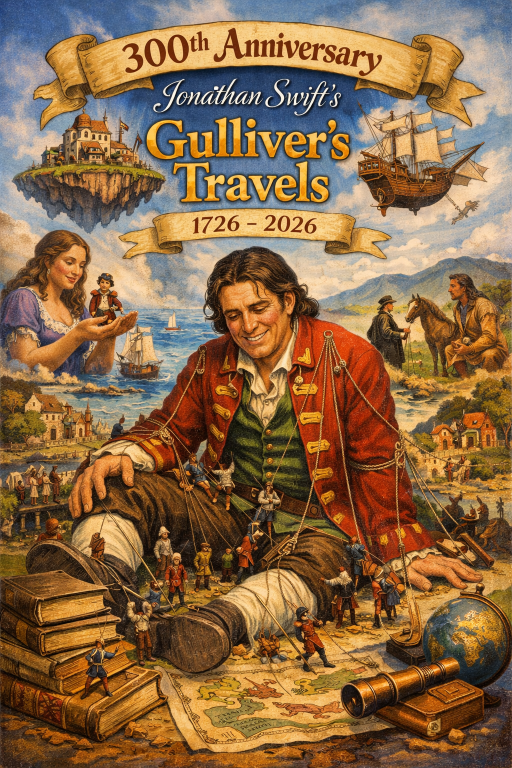
Wealth of Nations: A Six-Part Series - Book One
–
Pre-registration is required.
Join us for a six-part monthly virtual reading group series that celebrates the 250th anniversary of Adam Smith’s An Inquiry into the Nature and Causes of the Wealth of Nations!
Each month, Sarah Skwire and Janet Bufton (creators…
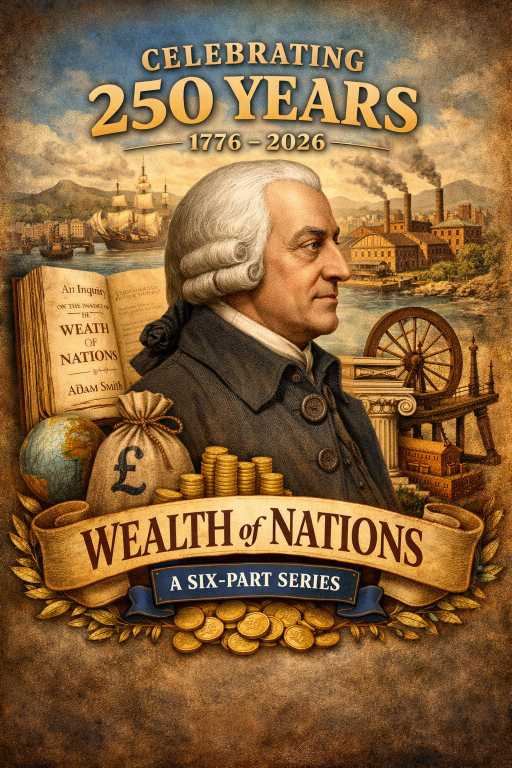
Liberty and Women's Suffrage
–
Pre-registration is required.
This VRG will examine the arguments for and the long struggle for women’s right to vote in the United States. In the aftermath of the successful conclusion, in the form of the 19th Amendment, another constitutional change was…
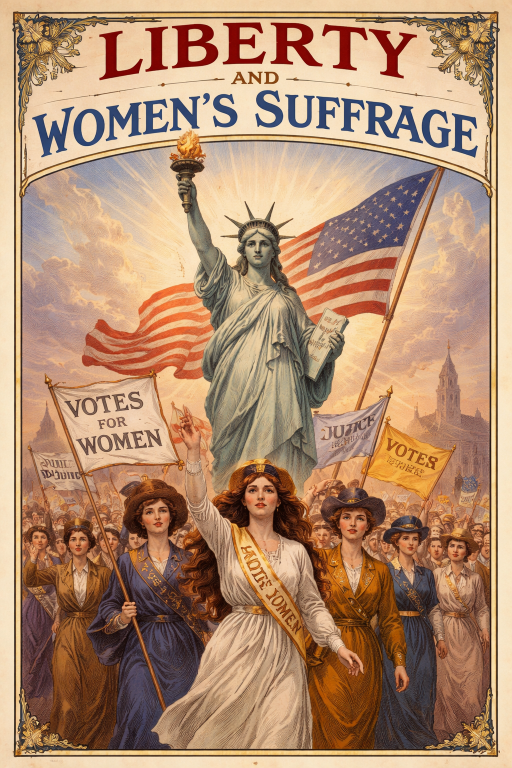
One Fell Swoop: Reading All of Shakespeare Plays: Troilus and Cressida
–
Pre-registration is required.
Troilus and Cressida sits uneasily somewhere between comedy and tragedy. The tale of young lovers, set against the backdrop of the Trojan War is often driven by satire and humor, but the play’s end is unsettlingly dark. Can we…
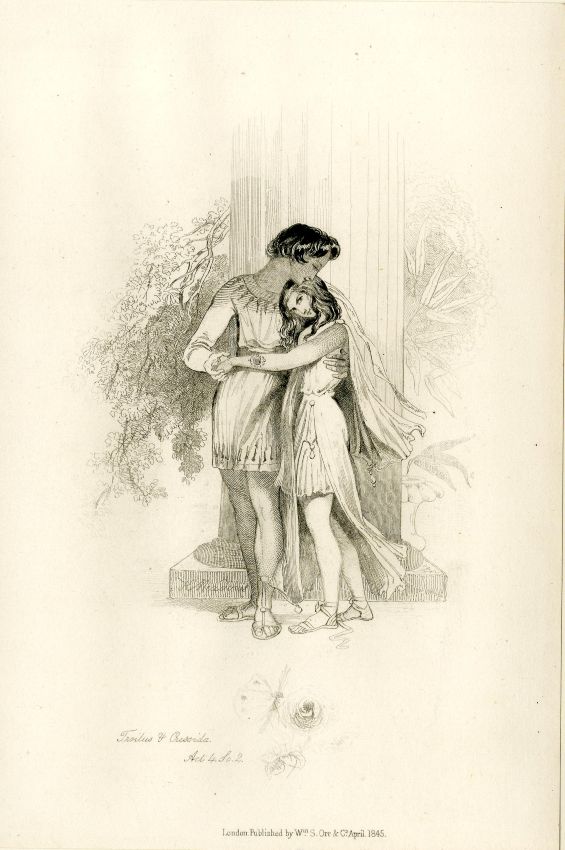
Liberty and the American Statesman: Thomas Paine
–
Pre-registration is required.
Certainly among the most important persons of the revolutionary era of the late eighteenth-century, Thomas Paine’s role in the shaping of world events from the American to the French revolutions demands close consideration. What…
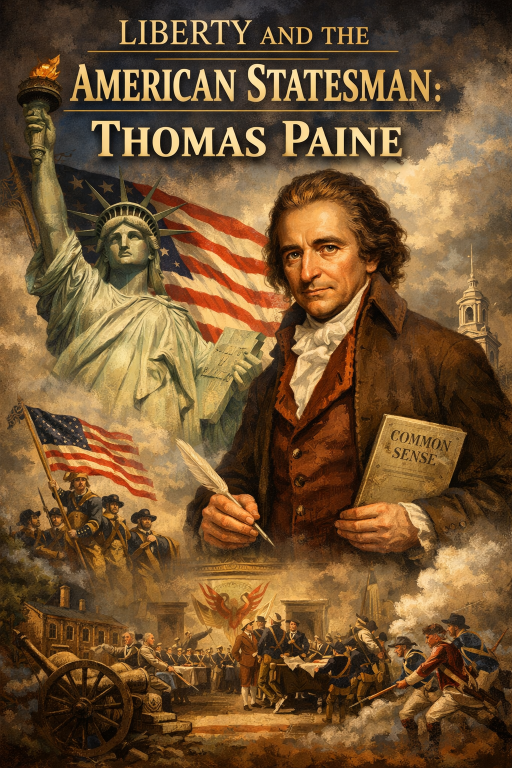
The Federalist Papers and the Debate on the Constitution
–
Pre-registration is required.
The Federalist played a role in the ratification debate of 1787-1788 and its 85 essays have long been seen as providing essential commentary on, and explanation of, the Constitution. Though written by Federalist partisans with…
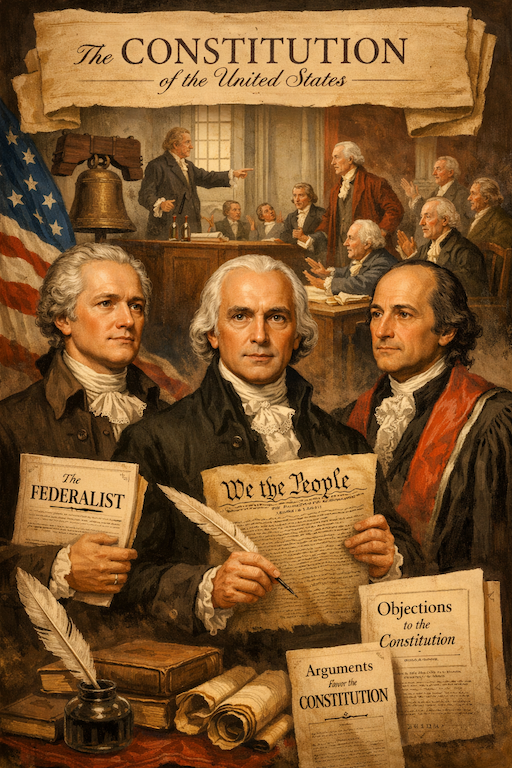
Spontaneous Orders in Antiquity
–
Pre-registration is required.
Spontaneous order is a central feature of classical liberal thought, especially Friedrich Hayek, and is often taken to be a key dimension of both liberal societies and market-based economies. Yet classical political thought…
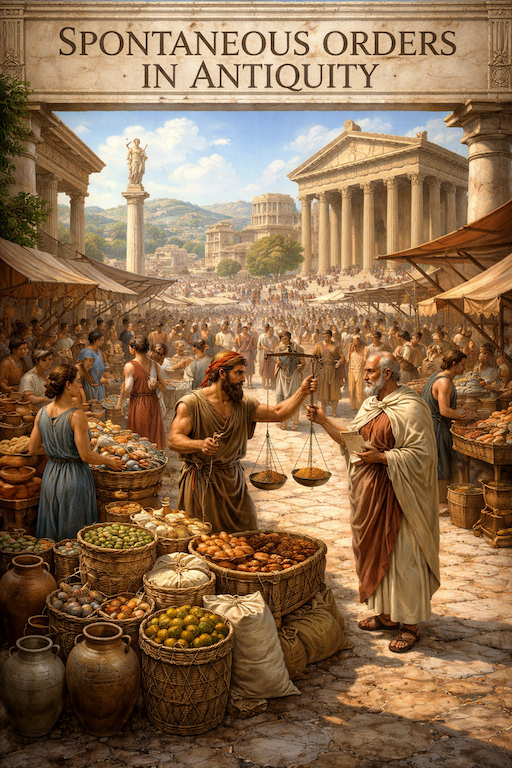
Wealth of Nations: A Six-Part Series - Book Two
–
Pre-registration is required.
Join us for a six-part monthly virtual reading group series that celebrates the 250th anniversary of Adam Smith’s An Inquiry into the Nature and Causes of the Wealth of Nations!
Each month, Sarah Skwire and Janet Bufton (creators…

One Fell Swoop: Reading All of Shakespeare Plays: Antony and Cleopatra
–
Pre-registration is required.
Shakespeare’s Antony and Cleopatra is a famously difficult play to stage. Its complicated plot and constant shifting of scenes make the action hard to follow. But the beauties of Shakespeare’s language are still there, and we…
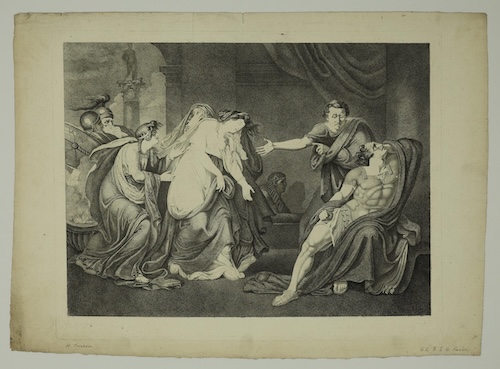
Wealth of Nations: A Six-Part Series - Book Three
–
Pre-registration is required.
Join us for a six-part monthly virtual reading group series that celebrates the 250th anniversary of Adam Smith’s An Inquiry into the Nature and Causes of the Wealth of Nations!
Each month, Sarah Skwire and Janet Bufton (creators…

Wealth of Nations: A Six-Part Series - Book Four
–
Pre-registration is required.
Join us for a six-part monthly virtual reading group series that celebrates the 250th anniversary of Adam Smith’s An Inquiry into the Nature and Causes of the Wealth of Nations!
Each month, Sarah Skwire and Janet Bufton (creators…

Wealth of Nations: A Six-Part Series - Book Five Part One
–
Pre-registration is required.
Join us for a six-part monthly virtual reading group series that celebrates the 250th anniversary of Adam Smith’s An Inquiry into the Nature and Causes of the Wealth of Nations!
Each month, Sarah Skwire and Janet Bufton (creators…

Wealth of Nations: A Six-Part Series - Book Five Part Two
–
Pre-registration is required.
Join us for a six-part monthly virtual reading group series that celebrates the 250th anniversary of Adam Smith’s An Inquiry into the Nature and Causes of the Wealth of Nations!
Each month, Sarah Skwire and Janet Bufton (creators…

Past Sessions
One Fell Swoop: Reading All of Shakespeare's Plays - Hamlet
–
It is, of course, ridiculous to tackle this masterpiece in a 90 minute session. The best we can hope to do is to pull at a few threads in the play by asking questions like: What does Hamlet have to teach us about times when our…
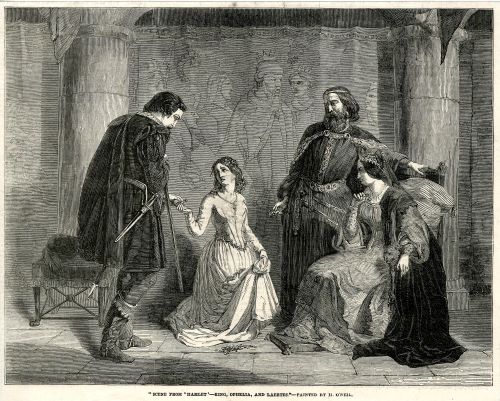
Sympathy and Justice in Jane Austen and Adam Smith
–
Read Jane Austen’s Pride and Prejudice, Catherine, or The Bower, and Sandition with bright eyes alongside Adam Smith’s The Theory of Moral Sentiments to explore themes of sympathy, duty, propriety, and the rules of justice. How…
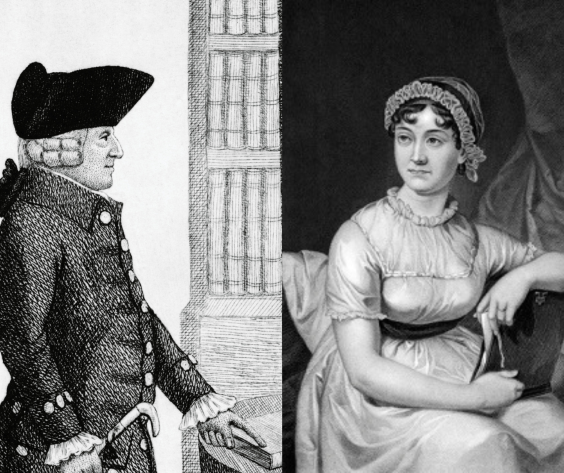
Two Moralities? Jane Jacobs’ Systems of Survival
–
Pre-registration is required, and we ask you to register only if you can be present for ALL sessions. Readings must be acquired in advance. Participants who successfully complete ALL sessions will be eligible to receive an Amazon…
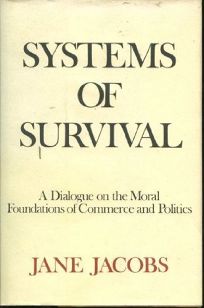
One Fell Swoop: Reading All of Shakespeare's Plays - Julius Caesar
–
“Beware the Ides of March!” Or simply prepare yourself for them with this exploration of one of Shakespeare’s most frequently read and quoted plays. Questions of politics are front and center in this play, with one of the primary…

Frank H. Knight’s Freedom and Reform: Essays in Economics and Social Philosophy
–
Pre-registration is required, and we ask you to register only if you can be present for ALL sessions. Readings must be acquired in advance. You may use promo code VRG2023 to receive 35% off your purchase at Liberty Fund Books.…
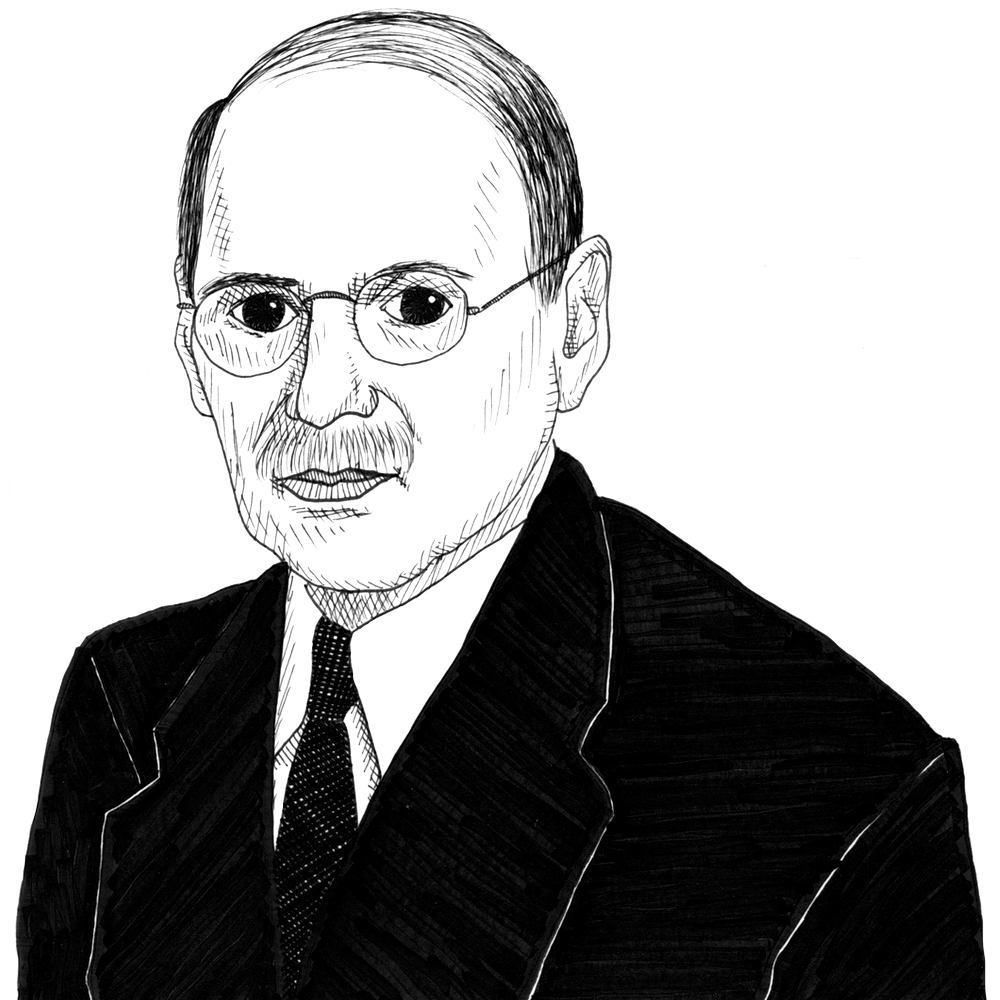
T.S. Eliot on Education and Culture
–
“Surely the great poet is, among other things, one who not merely restores a tradition which has been in abeyance, but one who in his poetry re-twines as many straying strands of tradition as possible.” T. S. Eliot’s work, both…
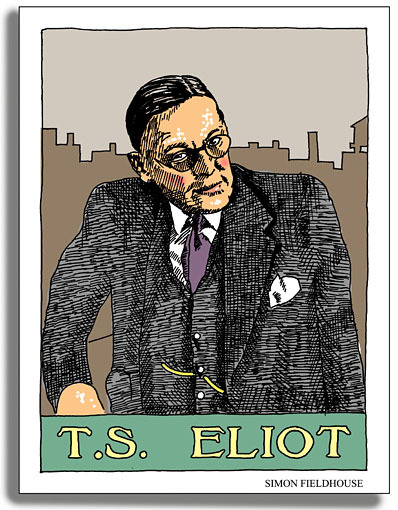
One Fell Swoop: Reading All of Shakespeare's Plays - The Merchant of Venice
–
One of the most problematic of Shakespeare’s so-called “problem plays,” The Merchant of Venice provides us with the opportunity to talk about early modern attitudes towards markets, merchants, and towards the Jews who were so…

Timeless: Reading Together - Utopia or Dystopia?
–
Please join us in February/March 2024 for a Timeless Virtual Reading Group with Janet Bufton.
Timeless is our new series of asynchronous reading groups.
Each group will be “open” for a defined time period, with scheduled…
